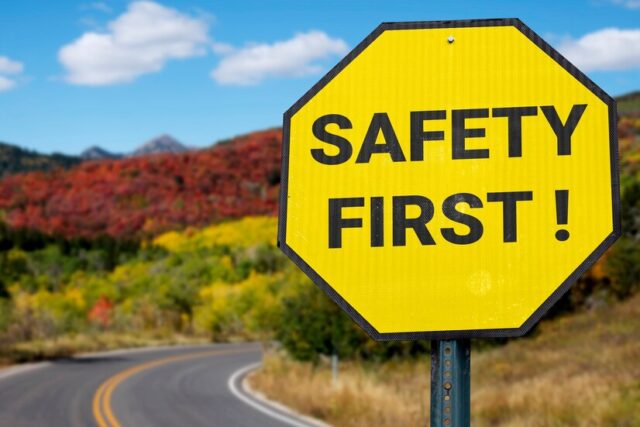Beyond economic progress, India needs a Cultural Shift to Ensure Every Citizen’s Right to Security and Dignity.

My article this week was supposed to focus on the performance of Indian athletes at the Olympics and how they inspired us with their dedication and resilience. Yet, despite the desire to focus on encouragement and progress, another pressing issue has come to the forefront: the safety of women in the workplace, highlighted by the tragic incident involving the assault and murder of a female doctor in a hospital auditorium in Kolkata.
During a news report, a woman remarked, “We did not pass our medical exams to take part in protests and rallies.” This statement painfully underscores the harsh reality many women face after years of dedication, long hours, and sacrifices—only to encounter unsafe environments that expose them to both physical and mental trauma. The story of wrestler Vinesh Phogat is a stark reminder of the challenges women face. Her protest against the former Wrestling Federation of India (WFI) president, Brij Bhushan, who was accused of sexual abuse and intimidation, highlights the persistent struggle for justice and safety.
In a recent customer service training session, I posed a question to the learners: “What does it signify when you are served a beautiful Indian thali, full of your favorite foods, yet you expect someone else to feed you?” The responses varied—laziness, arrogance, childishness—until one participant aptly described it as the “Raja Beta attitude.” This mentality, when nurtured negatively at home, fosters a sense of entitlement, and irresponsibility, all while ignoring the pressing issues around them.
Here are the steps forward to make our nation safe and secure for all vulnerable entities:
- Strengthen Legal Frameworks: Reassess workplace safety and harassment laws, enforce zero-tolerance policies, and expedite judicial processes to ensure swift and transparent justice.
- Cultural Shift in Organizations: Hold leaders accountable for employee safety, promote equality, and equip and educate members to foster a respectful workplace culture and help them deal with situations of harassment with sensitivity.
- Support for Victims: Provide accessible mental health services, strengthen protections against retaliation, and ensure victims can report incidents without fear.
- Engage Men as Allies: Actively involve men in gender equality efforts, promoting positive male role models to drive cultural change.
- Educational and Empowerment Initiatives: Implement mandatory empathy and respect training for all employees, launch national awareness campaigns on workplace safety, and empower women through leadership development and confidential support networks to foster a safer, more equitable environment.
Globally, CEOs and entrepreneurs admire India’s rich cultural and intellectual heritage, yet we struggle to instill basic empathy and ensure workplace safety. While businesses focus on creating jobs and boosting the economy, society must address the underlying issues of gender inequality. As we reflect on the 78th Independence Day, there is a cause that must unite us all, transcending the economic boom of the past two decades: the fundamental need for safety and security, particularly against sexual harassment and intimidation. It is time to prioritize the second rung of Maslow’s Hierarchy of Needs, ensuring that every citizen feels secure in their environment, free from fear and harm.

An apt article which is the need of the hour
Freedom in the real sense
is the absence of fear
Absolutely absence of fear and complete faith in the system for justice to prevail. Thank you for your response Dolly ji, it means alot.
Sharp to the point Geetanjali. It is just not a reflection, rather a solution to the pertinent issue at hand. We all should and will rise to the need of the hour.
Thank you for your appreciation and support Sir
Nicely articulated about basic need.
It’s just meaningless talking about Development, GDP etc etc etc when the basic need of free and safe society is not made available for all.
I would suggest that all parents of Girls must make arrangements for training their daughters in martial arts (self defense is important than music, dance training).
Every girl must be able to defend herself even before Police force gets into their action.
May Maa Durga be invoked in every girl of the country.
Very true sir. The need today is for a free and safe society for children, women, the elderly, and animals. Self-defense and pepper spray must be mandatory for all girls in schools and colleges. I liked that in the article you shared that there is a separate women’s police force to help women. Thank you for your comments. May Maa Durga be with all women and may Shri Krishna come to protect us.